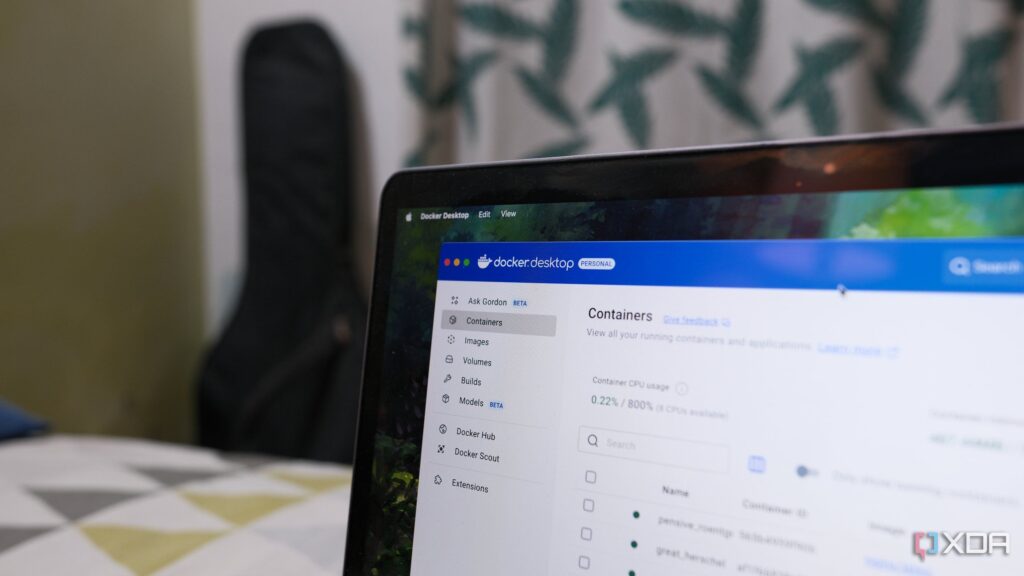
UPDATE: New reports confirm critical advancements in securing Docker backups using the self-hosted tool, Repliqate. As of July 15, 2023, users are urged to adopt this solution to prevent catastrophic data loss, especially after alarming incidents involving SSD crashes on NAS systems.
Docker users often overlook a vital aspect of self-hosting: effective backup strategies. Following a personal experience with an SSD failure that crippled my entire smart home, I realized the importance of having a reliable backup system. The stakes are high; losing access to essential services can disrupt daily life and lead to significant data loss.
Repliqate stands out for its simplicity and efficiency. This tool utilizes a Docker Compose-based approach combined with Docker labels to automate container backups, making it easier for users to safeguard their data without constant manual intervention. By leveraging this innovative solution, you can ensure your Docker containers are backed up seamlessly and securely.
To get started with Repliqate, the process is straightforward. First, create a dedicated folder for backups on a separate volume to ensure safety in case of a drive crash. Repliqate also supports backing up Docker containers to a mounted NFS volume, offering flexibility based on your setup. The robust documentation provides a base Docker Compose file to kickstart your backup journey.
It’s critical to grant Repliqate access to /var/run/docker.sock, which acts as the storage directory for metadata and backups. If you’re using a Synology NAS, the directory structure will typically be /volume2/@docker/volumes mapped to /var/lib/docker/volumes, allowing Repliqate to access running containers and manage backups effectively.
Key to Repliqate’s functionality are the Docker labels you assign to your containers. By setting the Repliqate.enabled status to true, you identify which containers require backups. Additionally, you can specify a unique ID and a retention schedule—such as keeping backups for 10 days for a bookmarking service and 3 weeks for Home Assistant—ensuring efficient data management without manual effort.
The label-based configuration simplifies the scheduling process for backups, making Repliqate intuitive and user-friendly. Users no longer need to navigate complex documentation; the tool employs a straightforward shorthand for defining scheduling parameters, ensuring that backups occur consistently and reliably.
Restoration of data is equally vital, and Repliqate effectively utilizes Restic in the backend for this purpose. Users can simply list available snapshots and restore files with a few commands, bringing containers back to their previous states effortlessly. This abstraction allows even those less familiar with command-line tools to manage their backups with confidence.
Repliqate not only automates backup processes but does so while ensuring security against potential data loss. As technology continues to evolve, having a robust backup system is no longer optional; it’s a necessity. With Repliqate, you can rest assured that your data is protected against unforeseen failures.
For those who have yet to implement a backup strategy, now is the time to act. The ease of use and reliability of Repliqate can safeguard your Docker environment. Do not wait until it’s too late—secure your data with Repliqate today and prevent potential disruptions in your digital life. Share this vital information with fellow Docker users and ensure they are prepared for any data loss scenarios.





